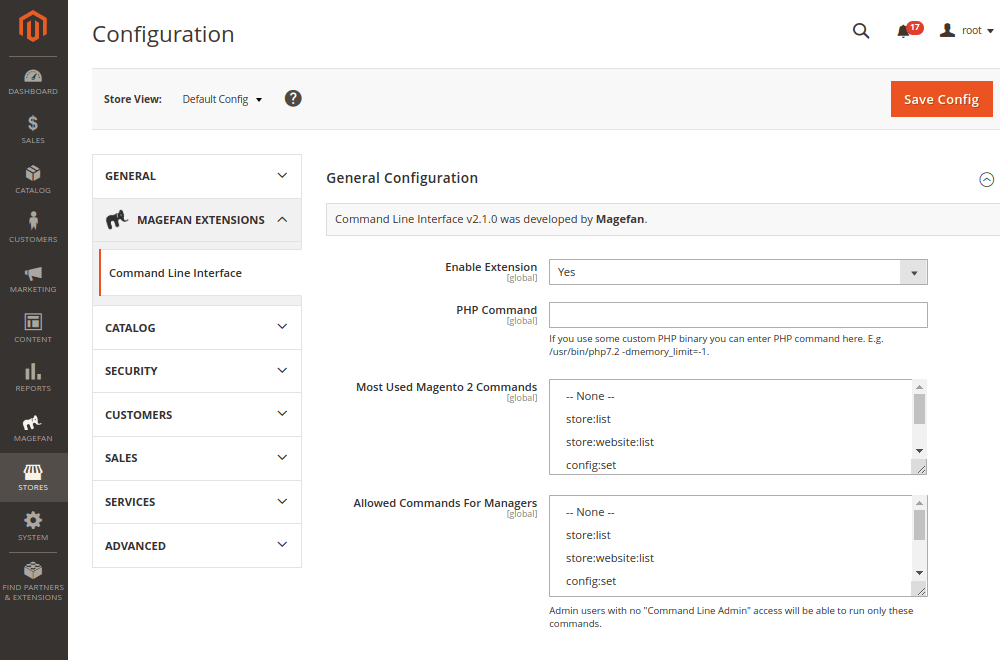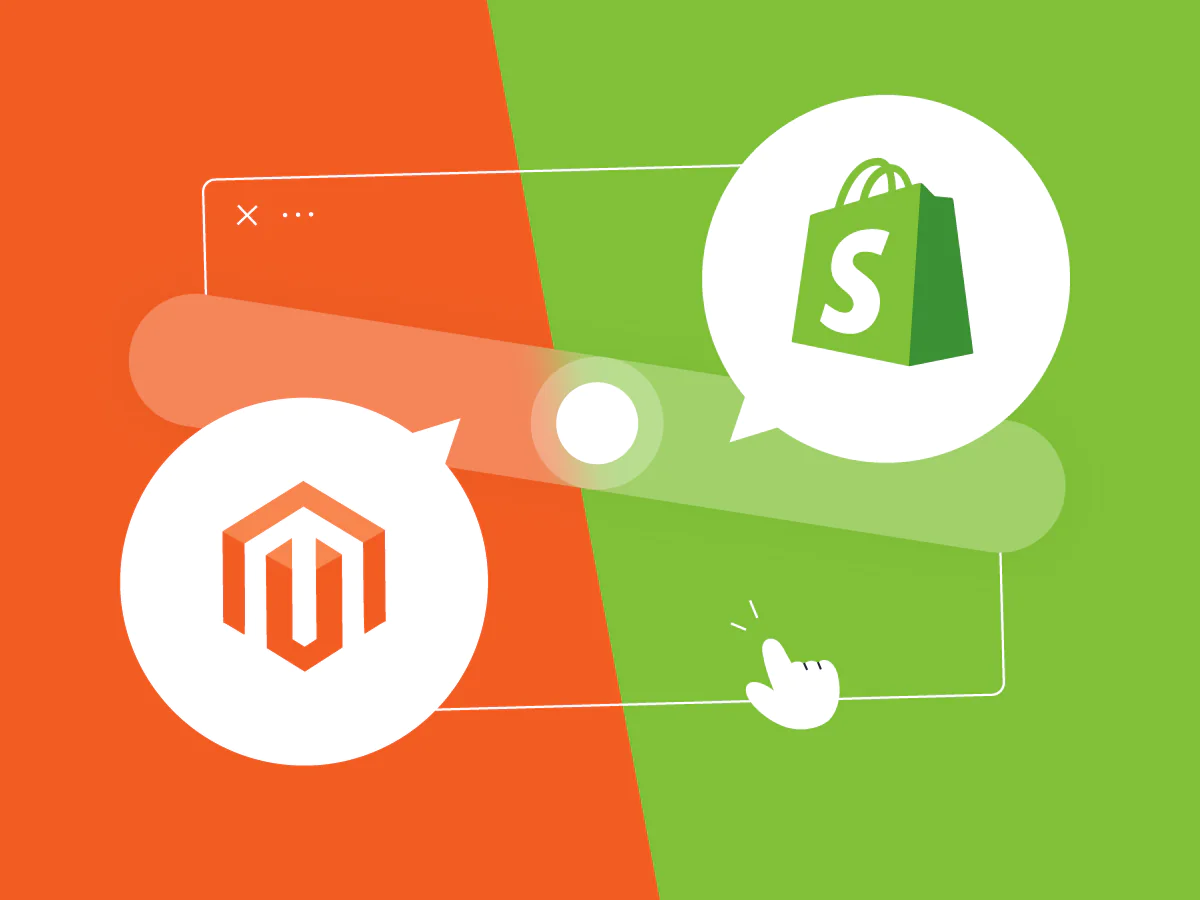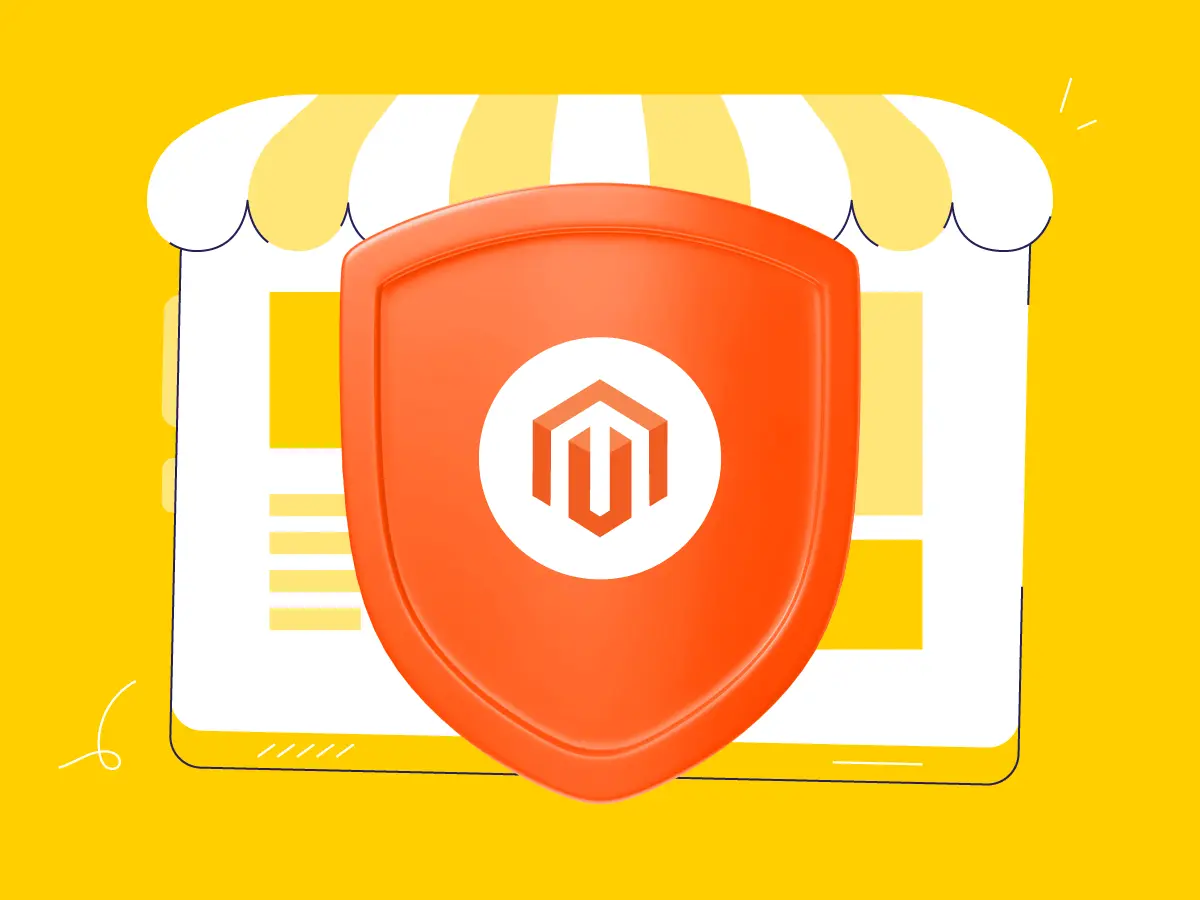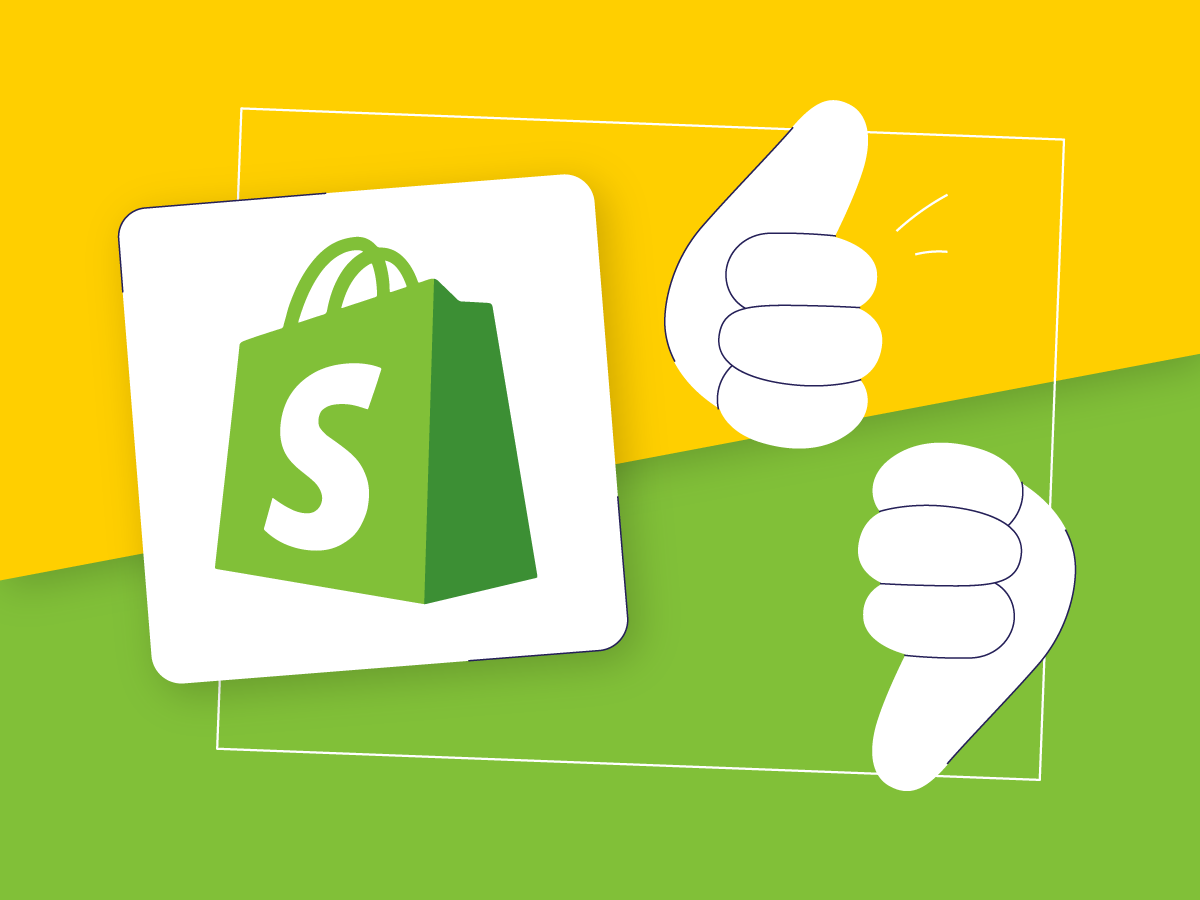Online shopping has grown rapidly in recent years. There are many different websites you can use to sell products online. Choosing the right website can greatly affect how successful your online business is.
Shopify and Magento (Adobe Commerce) are two of the most popular websites for online selling. Each one has its own advantages and works better for different types of businesses. Alva can help build your online business on a strong platform.
Which one is better — Magento or Shopify? In this article, we will explain the details of these two websites so you can decide which one is the best choice for your online business.
What is Adobe Commerce (Magento)?
Magento, now called Adobe Commerce, is a platform for building online stores. It’s been around for over 15 years and is used by many big brands like Samsung and Nestle.

What can it do?
- Manage your product catalog.
- Process orders.
- Track inventory.
- Connect with payment systems.
- Handle shipping.
- Offer personalized recommendations to customers.
It also features advanced marketing and promotional tools such as:
- product recommendations;
- AI personalization;
- customer segmentation.
One big plus is that it’s very customizable, so you can create a unique online store. It enables extensive customization and integration with third-party extensions and modules. This flexibility allows companies to tailor the platform to their needs, creating a unique and personalized shopping experience for their customers.
Adobe Commerce is common among well-known brands like Samsung, Nestle Nespresso, Suzuki, and others.
Is that right for you? If you’re a small business or have a limited budget, it might not be the best fit. But if you have a large business and need a lot of flexibility, it could be a good option.
What is Shopify?
Shopify is a popular cloud-based platform that has gained popularity among businesses of all sizes. Shopify is a Software-as-a-Service (SaaS) solution. It is hosted by Shopify, eliminating the need for businesses to handle technical aspects.

It offers a wide range of features out-of-the-box, including:
- product catalog management;
- inventory tracking;
- secure payment processing;
- shipping integration;
- marketing tools like abandoned cart recovery and email marketing.
One of the best things about Shopify is its huge app store, where you can find extra features to make your store even better. This makes it great for businesses of all sizes. These apps allow businesses to extend the functionality of their online stores with features such as:
- advanced reporting;
- Al integration;
- customer relationship management (CRM), and more.
Shopify has been the platform of choice for many well-known brands and businesses, including Kylie Cosmetics, Allbirds, Gymshark, and Rebecca Minkoff, among others.
If you want a simple and easy-to-use platform, Shopify is a great choice. But if you have complex needs or want more control, it might not be the best fit.
Magento vs Shopify: Key differences to help you choose
Ease of use
According to the Cloudways study, Shopify ranks higher than Magento in ease of use, with a score of 4.9/5 compared to Magento’s 3.4/5. This means that Shopify is easier to understand and set up, even if you don’t have any technical skills. Magento, on the other hand, is more complex and often requires help from experts.

Performance
Both platforms are capable of delivering high-performance experiences, but their approaches differ. With proper optimization and caching, Magento can achieve page load times under 2 seconds. That’s even for high-traffic websites with over 10,000 products.
Shopify uses its hosted infrastructure to deliver an average page load time of 1.1 seconds.
Scalability
Magento is a good choice for businesses that expect to grow a lot and sell a large number of products. According to Adobe, it can handle over 1,5 million products and process over 180,000 orders per hour.
Shopify is also scalable, but may not be best for very large businesses. If you have a smaller store or are just starting out, Shopify is a great option.
Security
Both platforms care about security, but they do it differently. A Trustwave report found that Magento’s open-source nature requires diligent monitoring and timely updates to address potential vulnerabilities.
Shopify, on the other hand, takes care of security updates and PCI compliance for you, so it’s less work for you.

Modules & plugins
Magento offers over 5,000 additional features you can add to your store, while Shopify has over 6,000. However, Shopify might have fewer options for very specific needs.
Themes
Magento offers over 12,000 free and premium themes, with the flexibility to create custom themes from scratch. Shopify, while offering a diverse selection of over 100 paid and free themes, has more limitations of customization.
Customization and integrations
Magento lets you customize almost everything about your online store. This is great for businesses with special needs or those wanting to connect to other systems.
Shopify also lets you customize your store through apps and themes. But, it might not be enough for businesses with really complicated or specific needs.
SEO
Both platforms have tools to help your store show up on search engines like Google. Magento gives you a lot of control over these settings, so you can really fine-tune them.
Shopify is simpler and has fewer advanced options than Magento.
Pricing
Magento is a paid platform with two pricing plans:
- Magento Open Source: This plan is free to download and use but requires expenses for hosting, a domain name, and an SSL certificate.
- Magento Commerce: This plan starts at $2499 per year and includes hosting, a domain name, and an SSL certificate.
Would you like to pre-calculate the cost of Magento website development? Read our article about Magento pricing.

Shopify follows a subscription-based model with pricing tiers ranging from $24 to $2,300 per month, with extra transaction fees and costs for advanced features or apps, according to Shopify’s pricing page

Customer support
Shopify is famous for its great customer support. You can get help 24/7 through phone, email, or chat.
Magento, on the other hand, offers help through online forums, articles, and paid support plans (if you’re using Adobe Commerce).
If you don’t have much technical knowledge, Shopify’s dedicated support might be a better fit. But if you have your own tech team or can get help from someone else, Magento’s resources might be enough.
When should you choose Magento?
Magento is a powerful and versatile e-commerce platform best suited for:
- Big businesses. If you sell a lot of products, have a complex catalog, or get a lot of orders, Magento can handle it without slowing down.
- Customization. If you want to have complete control over how your online store looks and works, Magento is very flexible and customizable.
- B2B sales. Magento has special features for businesses selling to other businesses, like company accounts, custom pricing, and quotes.
- Integrations. If you want your online store to work with other systems you use, like your customer database or accounting software, Magento can connect to them.
- Growing businesses. Magento can grow with your business, so it’s a good choice if you have big plans for the future.
Do you see that your business needs to migrate from Shopify to Magento? Learn about the specifics of store migration and plan your next steps.
When to choose Shopify?
Shopify is a great platform for building online stores, especially if you:
- Want it to be easy? You can set up your store quickly, even if you’re not tech-savvy.
- Are you a small or medium-sized business? Shopify’s features and pricing plans are designed to fit a variety of businesses, from brand-new to well-established.
- Need the basics? Shopify has all the essential features you need to run an online store, like managing products, shipping, taking payments, and basic marketing tools.
- Want to add additional features? Shopify has an app store with tons of apps you can add to your store for more features, without needing to know how to code.
- Want to save money? Shopify’s pricing is clear and straightforward, and it’s usually cheaper than more complex platforms.
- Want help when you need it? Shopify has 24/7 support and many resources to help you use the platform.
Are you wondering if Shopify is the right fit for your business? We’ve got some valuable advice on transitioning your e-commerce operations to Shopify from any other platform.
Magento or Shopify? The decision
Both Shopify and Magento are popular platforms for creating online stores, but they have different strengths:
Magento is best for:
- Big businesses with many products or complex needs.
- Businesses that want lots of control over the look and feel of their store.
- Businesses with tech experts who can manage the platform.
Shopify is best for:
- Small to medium-sized businesses that want an easy-to-use platform.
- Businesses that don’t want to worry about technical details.
- Businesses that want a quick and easy way to start online.
Shopify’s limitations in customization and integration capabilities may not suit businesses with complex or unique requirements.
If you’re considering switching from Shopify to Magento 2, we can help! At Alva Commerce, we’re experts in Magento and can guide you through the whole process.
Want to know more?
Are you searching for the ideal e-commerce platform for your store?
While our team highly recommends Shopify, we recognize it might not suit everyone’s needs. To assist you in making an informed decision, we frequently compare Shopify with other platforms.
Explore our reviews and find the perfect match for your business requirements:
- BigCommerce Vs. Shopify: What Is Better For You?
- Shopify vs. Amazon: Which Platform Is Better for Your Business?
- Difference Between Etsy and Shopify: Which is Better?
- Shopify vs. WooCommerce: The Best eCommerce Platform for Your Online Store
- WooCommerce vs. Magento: Comparison of Ecommerce Platforms
- BigCommerce vs. Magento: Full Platform Comparison










